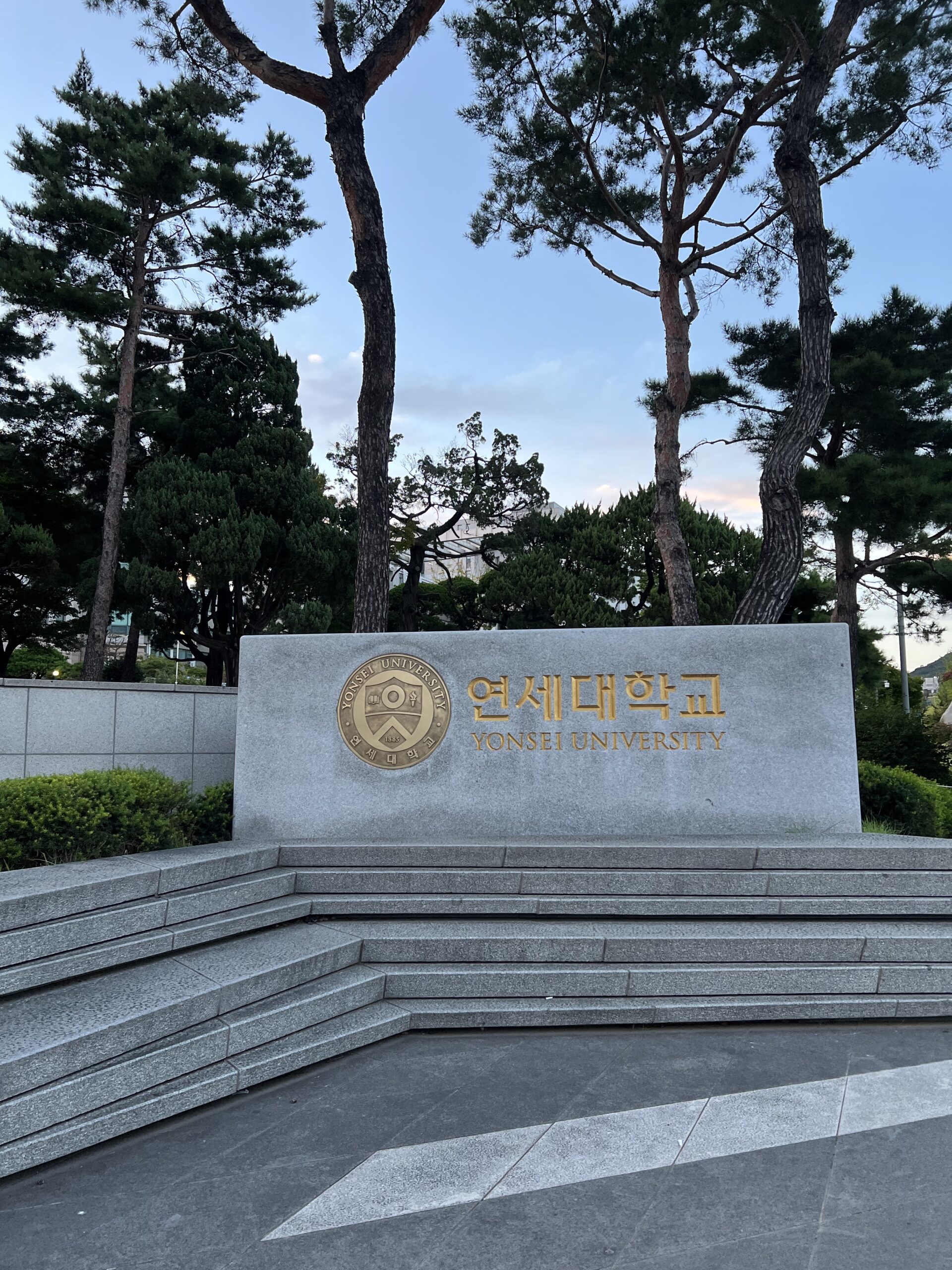
Week 3 – Coming together in times of stress
My third week in Seoul, South Korea was consumed by the incredibly stressful process of applying for my Alien Registration Card (hitherto referred to as ARC). Any student stay in South Korea for more than 90 days must receive one to stay in the country legally.
First, you must apply for a student visa at the nearest Korean Consulate or Embassy to your permanent home address (within the country of your nationality, which caused considerable problems for me as I was studying in Germany during the time I should have been applying for my visa in California). Once you land inside South Korea and show immigration your visa, you have used your single entry allowed by the visa.
Within 90 days of arriving in South Korea you must apply for your Alien Registration Card and cannot leave the country until you have received it, or you must start the process over again, starting from applying for a visa from within your home country.
Unfortunately for me, and many other students, all the local immigration office appointments were full until well past the point my visa became invalid. My only chance to get my ARC now laid in the three days my school was collecting students’ applications for a group submission.
Due to my class schedule, the operating hours of the office collecting our applications, and waiting to receive my copy of my lease agreement from the real estate agent I worked with, my only opportunity to submit my application was the morning of the very last day. This meant I needed everything to be correct the first time.
The exchange student community at Yonsei University has a large group chat on the locally loved messaging application KakaoTalk. In this chatroom students who went to the center on Monday and Tuesday were stressed, complaining, and worrying because one after another they were told their applications would not be accepted and that they needed to return with other documents or new passport sized photos. Additionally, the line for the passport photobooth on campus was taking people over an hour to get through and the machine kept breaking down. And the line to get into the center to see an immigration officer was over 3 hours long.
Although I was very stressed out about being able to submit my application in one try, because I would not have time to go back if it did not work out for me, it was heartwarming to see all of us coming together to help each other out. The students who failed in their attempts to submit their applications would tell the group exactly why they were rejected and warn us about how to prepare our applications so we wouldn’t run into the same problems. They were nicely answering any additional questions those of us who had not submitted our applications had.
On Tuesday night I ran from my last class to the photobooth station to get my passport photo retaken. I had learned from the chatroom that my photo would not be accepted for two reasons: (1) it was the same as the photograph in my passport; and (2) my ears were not visible in the photograph. I waited in the photobooth line for 2 hours and well after the center had closed. While I waited in line, I met a few kind students and we talked about what documents we had heard you need, or ones they were told they still needed when their applications were rejected, and we tried to help each other in any way we could. I even lent money to a student when we realized the photobooth only accepted exact change.
On Wednesday I showed up to the center 1.5 hours before they opened and the line of students waiting was already around to the backside of the center. But once the center opened, I was helped within the first 30 minutes. I was so relieved when they accepted my application on the first try! Had the students who had failed multiple times not helped me, I would not have succeeded. I will remember their kindness and patience for a long time to come.
